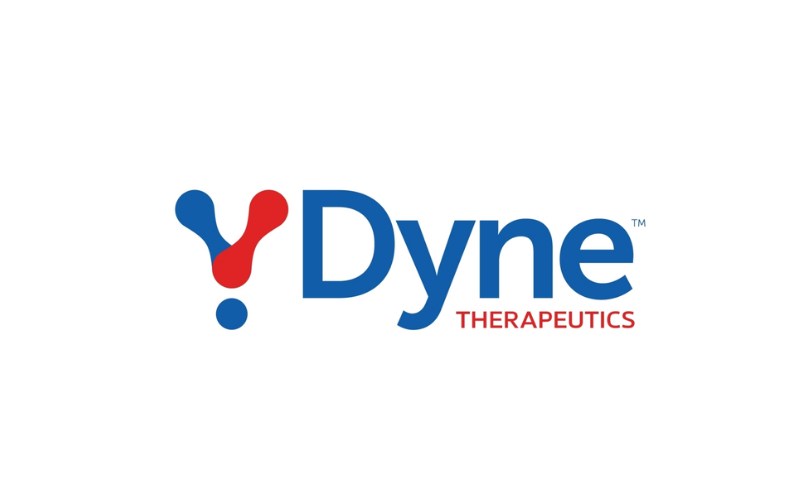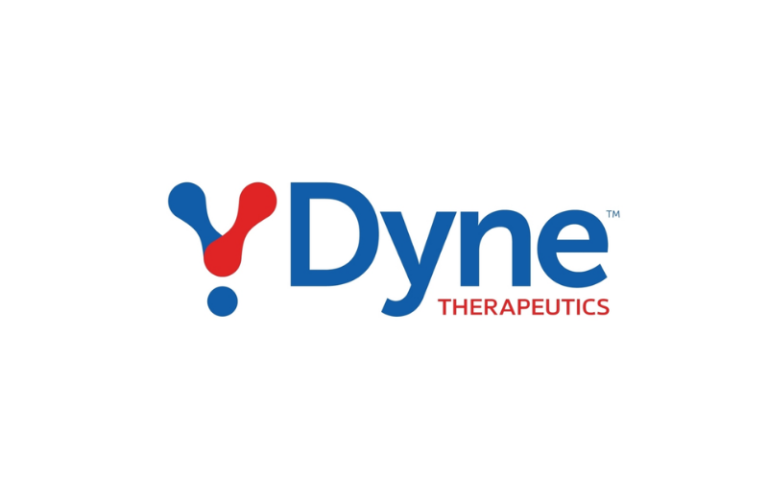Dyne Therapeutics recently announced new long-term clinical data from its ongoing Phase 1/2 DELIVER trial of DYNE-251 demonstrating sustained functional improvement at the selected registrational dose of 20 mg/kg Q4W. The DELIVER trial is evaluating DYNE-251 in individuals with Duchenne muscular dystrophy (DMD) who are amenable to exon 51 skipping. The results of these findings were presented at the MDA conference.
This updated assessment of the DELIVER trial evaluating DYNE-251 includes:
- New functional data out to 12 months from 6 patients enrolled in the 20 mg/kg Q4W cohort.
- 18-month functional data from 6 patients in the 10 mg/kg Q4W cohort (these participants began transitioning to the 20 mg/kg Q4W regimen after month 6).
- Updated safety data as of February 7, 2025, continue to demonstrate a favourable safety profile for DYNE-251.
Key Findings From the DELIVER Phase 1/2 Trial
Function: Meaningful and sustained improvements from baseline in multiple functional endpoints were observed in both the 20 mg/kg (selected registrational dose) and 10 mg/kg DYNE-251 Q4W cohorts, through 12 and 18 months, respectively. Functional assessments included Stride Velocity 95th Centile (SV95C), North Star Ambulatory Assessment (NSAA), 10-Meter Walk/Run Time (10-MWR), and Time to Rise from Floor.
- Starting at the 6-month time-point, the SV95C change from baseline observed in both the 10 mg/kg and 20 mg/kg cohorts of DELIVER exceeded the published proposed minimal clinically important difference (MCID).
- SV95C is a digital objective outcome measure of ambulatory performance in patients’ normal daily environment and is accepted as a primary endpoint for DMD clinical trials in Europe.
Dystrophin expression: Previous findings for DYNE-251 demonstrated unprecedented near-full length dystrophin expression as measured by Western blot for patients with DMD who are amenable to exon 51 skipping. At the 6-month time point, patients treated with 20 mg/kg of DYNE-251 Q4W had a mean absolute dystrophin expression of 8.72% of normal (adjusted for muscle content).
Safety and tolerability: DYNE-251 has demonstrated a favourable safety profile based on 54 participants enrolled in the DELIVER trial. Since the prior update provided as of November 21, 2024, the safety profile remains unchanged, and no new treatment-related serious adverse events have been observed.
- 970 doses of the study drug have been administered to date over a period of 77.1 patient-years of follow-up with some patients followed for up to ~2.5 years.
- 546 doses of study drug at the 20 mg/kg dose level have been administered to date.
Key Milestones for the DELIVER Trial
- Dyne continues to pursue expedited approval pathways globally for DYNE-251 in patients with DMD who are amenable to exon 51 skipping.
- Dyne has fully enrolled the Registrational Expansion Cohort of 32 patients as part of the DELIVER trial. Data from this cohort are planned for late 2025.
- Dyne anticipates a potential Biologics License Application (BLA) submission for U.S. accelerated approval in early 2026.
DELIVER Trial
DELIVER is a randomised, placebo-controlled, double-blind, Phase 1/2 clinical trial evaluating the safety, tolerability and efficacy of DYNE-251 in patients with Duchenne muscular dystrophy (DMD) who are amenable to exon 51 skipping. The multiple ascending dose (MAD) portion of the study resulted in the selection of a registrational dose and regimen of 20 mg/kg every four weeks. A registrational expansion cohort to support potential regulatory submissions for expedited approvals, including accelerated approval in the U.S., is fully enrolled. The primary endpoint for this cohort is the change from baseline in dystrophin protein levels as measured by Western blot.
DYNE-251
DYNE-251 is an investigational therapeutic being evaluated in the Phase 1/2 global DELIVER clinical trial for people living with DMD who are amenable to exon 51 skipping. DYNE-251 consists of a phosphorodiamidate morpholino oligomer (PMO) conjugated to a fragment antibody (Fab) that binds to the transferrin receptor 1 (TfR1) which is highly expressed on muscle. It is designed to enable targeted muscle tissue delivery and promote exon skipping in the nucleus, allowing muscle cells to create internally shortened, near full-length dystrophin protein, with the goal of stopping or reversing disease progression. DYNE-251 has been granted fast track, orphan drug and rare paediatric disease designations by the U.S. Food and Drug Administration for the treatment of DMD mutations amenable to exon 51 skipping.
If you have any questions about the information provided in this news update, please do reach out to us at info@actionduchenne.org.



